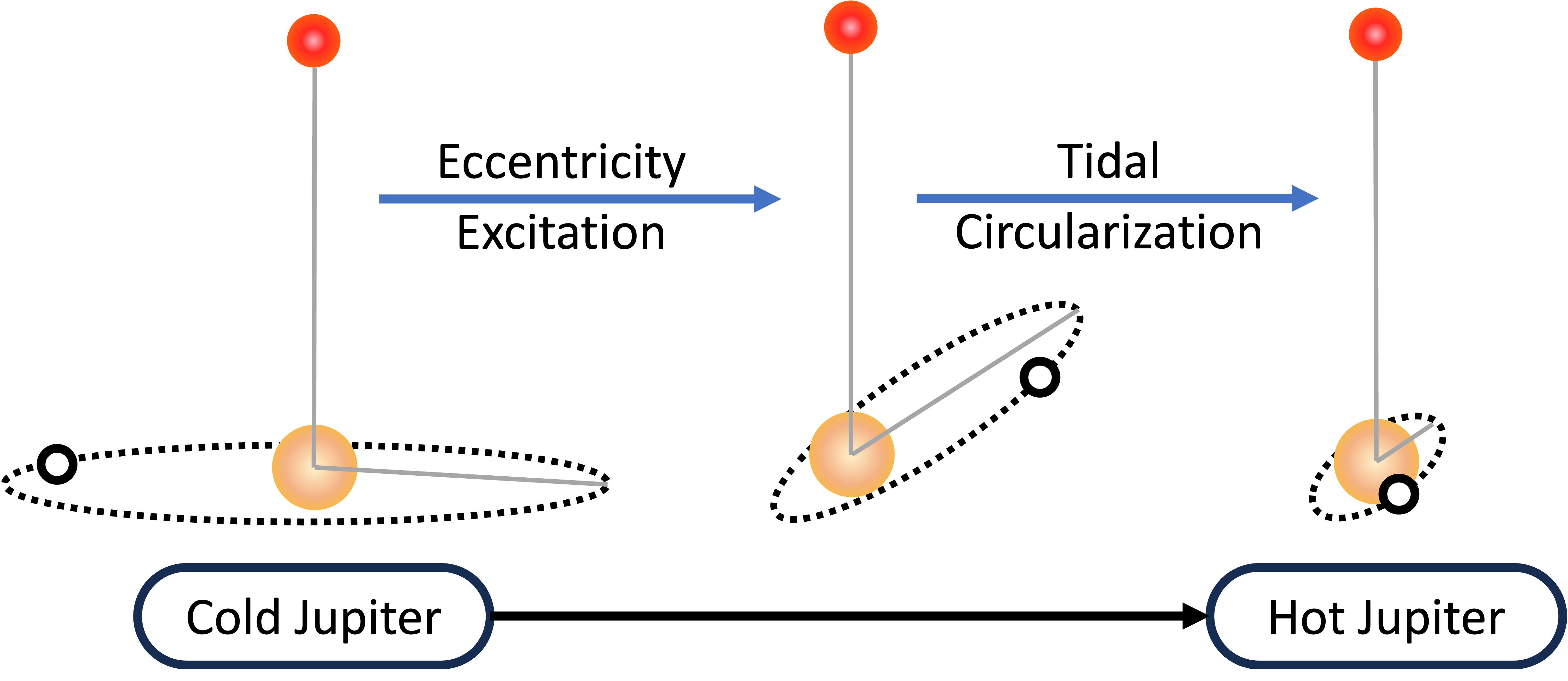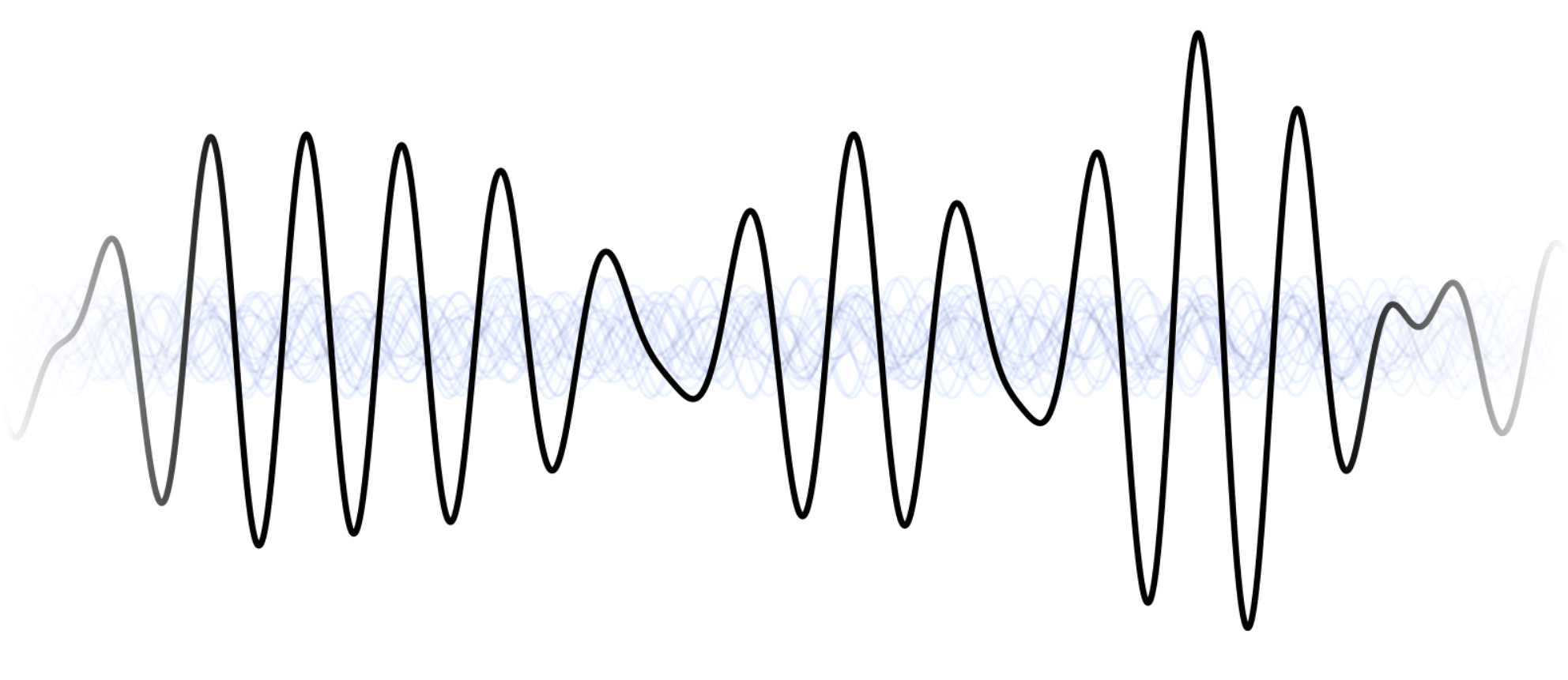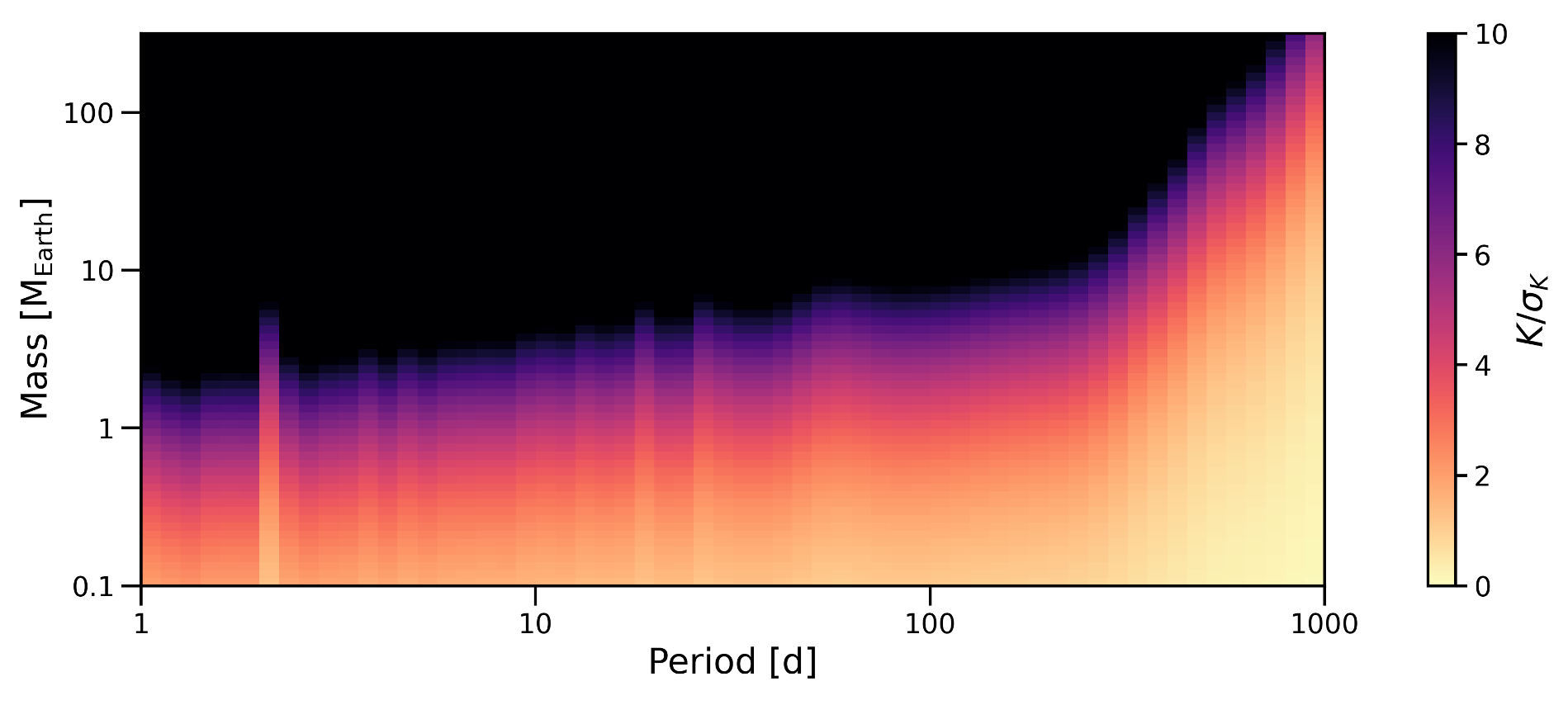Arvind F. Gupta
NOIRLab Postdoctoral Fellow

I am a postdoctoral fellow at NOIRLab in Tucson, Arizona. My primary research focus is on the design, execution, and analysis of exoplanet searches with extreme precision radial velocity spectrographs in pursuit of Earth analog discovery. I am also actively engaged in observational work to discover and characterize long-period giant exoplanets and studies of hot and warm Jupiter formation and demographics. Other general interests include stellar variability, information theory, and habitability, as well as astronomy accessibility and pedagogy.
arvind.gupta@noirlab.edu
Our team is using the NEID spectrograph to search for low-mass, long-period exoplanets (or "Earth Twins") around some of the nearest and brightest Sun-like stars. Careful survey strategy decisions allow us to take full advantage of the state-of-the-art, sub-m s-1 radial velocity precision that NEID delivers.
The architectures of many giant exoplanet systems appear to have been shaped by post-formation orbital evolution, and in particular inward migration. As the population of such systems grows, we can begin to constrain the migration mechanisms at play.
Stellar "p-mode" oscillations contribute to intrinsic stellar radial velocity variations at the 1 m s-1 level for stars like the Sun. With detailed observational and theoretical studies of these oscillation signals, I aim to better quantify and mitigate their impact on exoplanet detection.
Information theory can be used to design more efficient -- and effective -- observing strategies. I have developed a framework for assessing the relative efficacy of radial velocity survey strategies, and I am also interested in other exoplanet detection and characterization applications as well.



